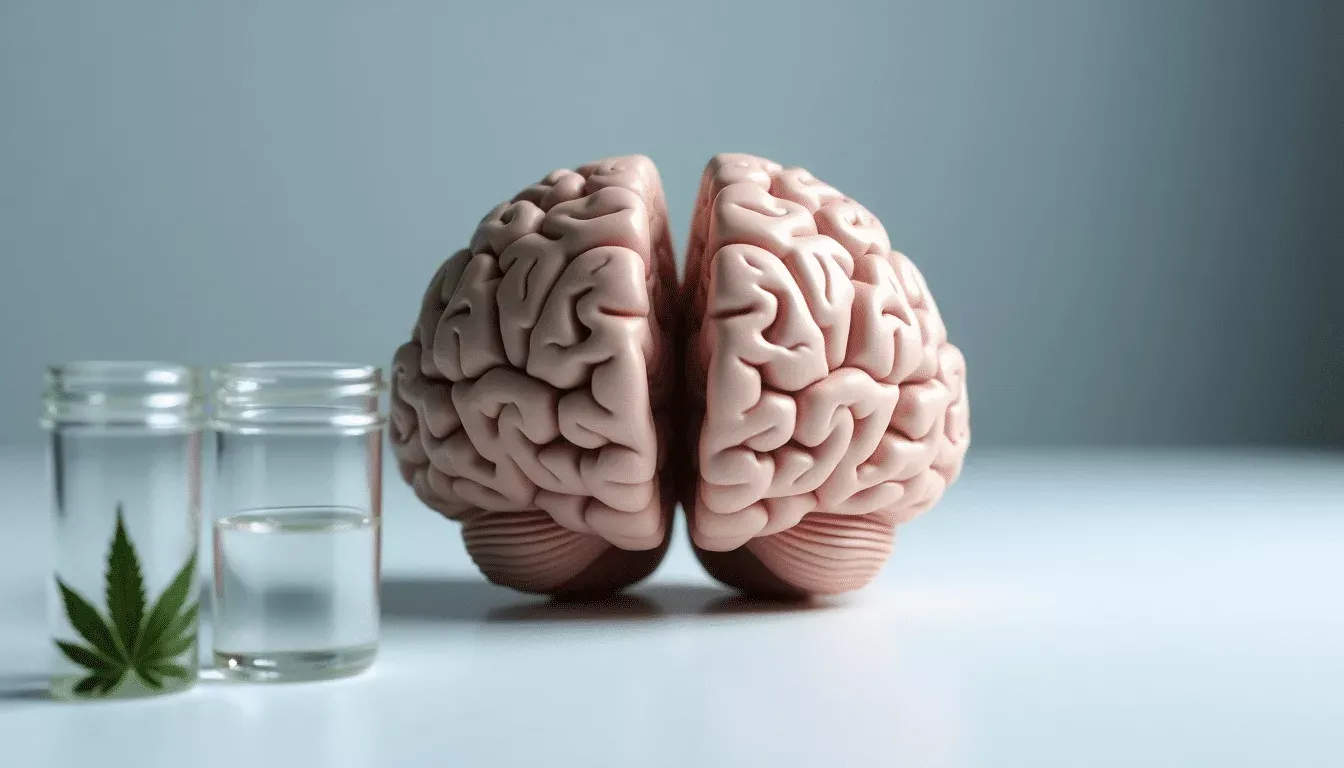How Cannabis Can Help Alleviate Insomnia Naturally
Introduction
In the hustle and bustle of our modern world, sleep troubles plague millions, chipping away at both health and productivity. Insomnia, a persistent inability to catch those essential Z’s, leaves many searching for solutions that won’t invite a host of unpleasant side effects. Enter cannabis—a trending natural remedy capturing the attention of sleep-deprived individuals everywhere. In this article, we will unpack how cannabis might be the sleeper hit in combating insomnia. We’ll explore the properties of cannabis, its potential benefits and risks, and provide you with some practical tips on using cannabis for improved sleep.
Understanding Cannabis and Its Components
Cannabis, a versatile plant, has been used for centuries both medicinally and recreationally. The plant contains numerous compounds called cannabinoids, with the two most prominent being THC (tetrahydrocannabinol) and CBD (cannabidiol). THC is well-known for its psychoactive effects—giving the “high” associated with cannabis use—whereas CBD is non-psychoactive and heralded for its potential therapeutic effects.
It’s thought that these cannabinoids interact with the endocannabinoid system in the human body, a complex system that plays a crucial role in regulating sleep, mood, appetite, and memory. By influencing this system, cannabis might help to ease the symptoms of insomnia and improve sleep quality.
The Benefits and Risks of Using Cannabis for Insomnia
The potential benefits of cannabis as a sleep aid are intriguing. Research suggests that both THC and CBD could play roles in enhancing sleep. THC may decrease the time it takes to fall asleep and might also increase the time spent in deep sleep. Meanwhile, CBD is generally linked to increasing the length of sleep and reducing insomnia symptoms without the grogginess common with traditional sleep medications.
However, cannabis use is not without its risks. Some individuals may experience side effects such as dry mouth, dizziness, or impaired cognitive function. Moreover, long-term use, especially of THC-dominant strains, could potentially lead to dependency or worsen sleep quality over time. It’s crucial to consider these factors, preferably discussing them with a healthcare provider, before incorporating cannabis into your sleep routine.
Furthermore, the legality of cannabis varies significantly across regions, affecting accessibility and usage. Always ensure you are aware of and compliant with local laws regarding cannabis use.
Actionable Advice for Using Cannabis to Improve Sleep
If you’re considering cannabis to counter insomnia, there are a few practical tips that may help optimize your experience:
- Start Low, Go Slow: Begin with a low dose, especially if you’re new to cannabis. Gradually feather the amount into your routine to monitor how your body reacts.
- Choose the Right Strain: Different strains have varying effects. Indica strains, generally considered more calming, might better aid sleep compared to the more stimulating sativa strains.
- Consider CBD Oil: For those wary of THC’s psychoactive effects, CBD oil offers a non-psychoactive alternative that may still promote better sleep quality.
- Set the Stage for Sleep: Creating a sleep-conducive environment can synergize with cannabis to enhance results. Maintain a cool, dark bedroom and limit screen time before bed to improve effectiveness.
- Monitor and Adjust: Keep track of your sleep patterns and how you feel in the mornings. Adjust the strain or dosage as necessary and remain attuned to your body’s signals.
For those interested in exploring more about cannabis composites and their unique impacts, resources like the Harvard Health Blog offer deeper insights and research-backed information.
Conclusion
As the natural remedy landscape continues to evolve, cannabis emerges as a promising option for those suffering from insomnia. While evidence supporting its efficacy mounts, it’s essential to weigh potential benefits against possible risks and legal considerations. Start with informed choices and personalized approaches to harness cannabis as a tool for better sleep.
Whether you’re curious to try cannabis for the first time or seeking to refine your current approach, understanding its effects and best practices can guide healthier sleep patterns. Continue your learning journey, explore related articles, and share your experiences or questions in the comments below.
FAQ: Cannabis for Insomnia
1. How does cannabis help with insomnia?
Cannabis, particularly strains high in CBD, can help reduce anxiety and improve sleep quality by interacting with the body’s endocannabinoid system, which regulates sleep cycles.
2. What is the best strain of cannabis for insomnia?
Indica strains like Granddaddy Purple, Northern Lights, and CBD-rich strains are often recommended for their relaxing and sedative effects, aiding in sleep.
3. Are there any side effects of using cannabis for sleep?
Possible side effects include dry mouth, dizziness, increased heart rate, and next-day grogginess. It can also affect REM sleep and may lead to dependency if overused.
4. How should cannabis be consumed for insomnia?
Cannabis can be consumed via smoking, vaping, edibles, or oils. Edibles and oils might take longer to act, but provide longer-lasting effects compared to smoking or vaping.
5. Is it safe to use cannabis for insomnia regularly?
Regular use should be approached with caution and ideally under medical supervision, as it can lead to tolerance and dependence, altering natural sleep cycles over time.
Share this content:



